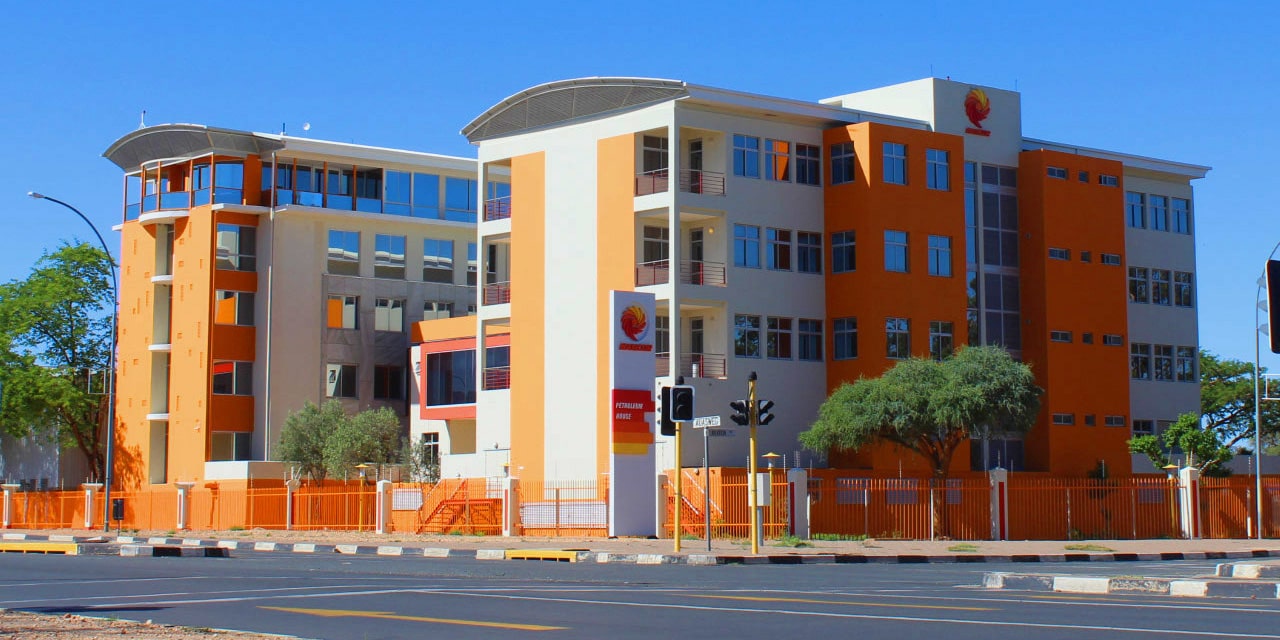Niël Terblanché
PROVISIONS of the Public Procurement Act have increasingly come under scrutiny from various Offices, Ministries and Agencies (OMAs) because of delays in service delivery it causes.
In response to revelations about serious shortcomings from the National Council Standing Committee on Health, Social Welfare, and Labour Affairs, Health Minister Executive Director, Ben Nangombe, stated that most of the challenges faced by the Ministry are the result of the Act, which impedes the procurement of pharmaceutical and clinical supplies.
“The Act also hampers the maintenance and construction of adequate medical facilities,” he said.
He said the Annual Procurement Plans of OMAs are public documents and, must be deposited on the eProcurement Portal.
“Our Plan can also be found there. It details planned procurement activities, with estimated dates and projected costs. These activities are being undertaken to expand services, improve and strengthen our public health system.
“This process is not reliable as suppliers are not tied to a fixed contract and they are more likely to cancel orders. The current threshold of N$25 million for the Public Entity is not sufficient to procure and fill the entire pipeline, therefore the Central Medical Stores (CMS) procures in small lots which are used up before the next replenishment cycle,” he said.
He said the CMS has a complementary list of 1 250 active products of pharmaceutical and clinical Supplies as per the Namibia Essential Medicines List (NemList).
“Out of these active products, only Anti-Retroviral (ARVs) products are on long-term contracts. This means the majority of CMS products are procured via buy-out or emergency procurement,” he said.
With regard to unfinished renovation and construction projects, Nangombe said the Ministry will have to take drastic steps to rectify the situation.
He said the Ministry will go as far as blacklisting companies who fail to fulfil their contractual obligations within the agreed-upon timeframes.
He said the poor performance of contractors due to a lack of cash flow and technical capacity to employ a sufficient workforce and buy sufficient materials to make sufficient progress can no longer be tolerated.
Nangombe again referred to the procurement act and said that the lengthy procurement process to advertise, evaluate and award bids is also hampering the completion of projects
He said that as a result the upgrading of the Swakopmund District Hospital, the Onandjokwe Hospital has been delayed.
“Similarly, the construction of clinics at Malengalenaga, Okondjatu and Onamafila has been delayed while the construction of a prefabricated clinic in Muzii in the Zambezi Region has been terminated as a result of the non-performance of the contractor,” he said.
According to Nangombe, the evaluation criteria to ensure only suppliers with technical and financial capacity are employed should be strengthened.
He suggested that non-performing contractors should be prevented from being awarded new projects.
“We should also implement penalties as per the signed contracts and careful analysis should be performed on the lowest bids before they are awarded,” he recommended.
Nangombe also recommended that the Development Bank of Namibia (DBN) should restructure its funding system and that a system to trace procurement requests should be created.
Nangombe’s clarification comes after the Parliamentary Standing Committee found that some hospitals and clinics are facing serious challenges which include a shortage of space in maternity wards and insufficient refrigeration space.




